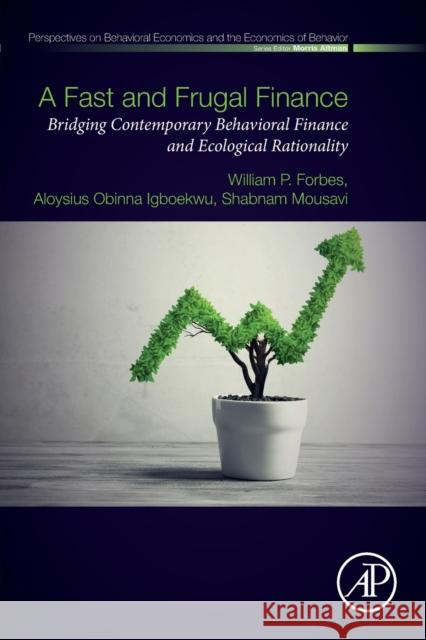A Fast and Frugal Finance: Bridging Contemporary Behavioral Finance and Ecological Rationality » książka
topmenu
A Fast and Frugal Finance: Bridging Contemporary Behavioral Finance and Ecological Rationality
ISBN-13: 9780128124956 / Angielski / Miękka / 2019 / 276 str.
Kategorie:
Kategorie BISAC:
Wydawca:
Academic Press
Seria wydawnicza:
Język:
Angielski
ISBN-13:
9780128124956
Rok wydania:
2019
Numer serii:
000823242
Ilość stron:
276
Waga:
0.37 kg
Wymiary:
22.86 x 15.24 x 1.47
Oprawa:
Miękka
Wolumenów:
01
Dodatkowe informacje:
Bibliografia











